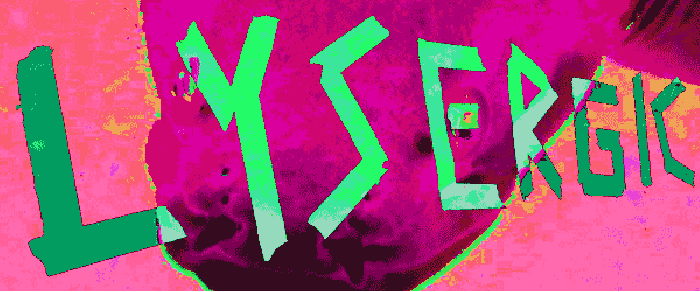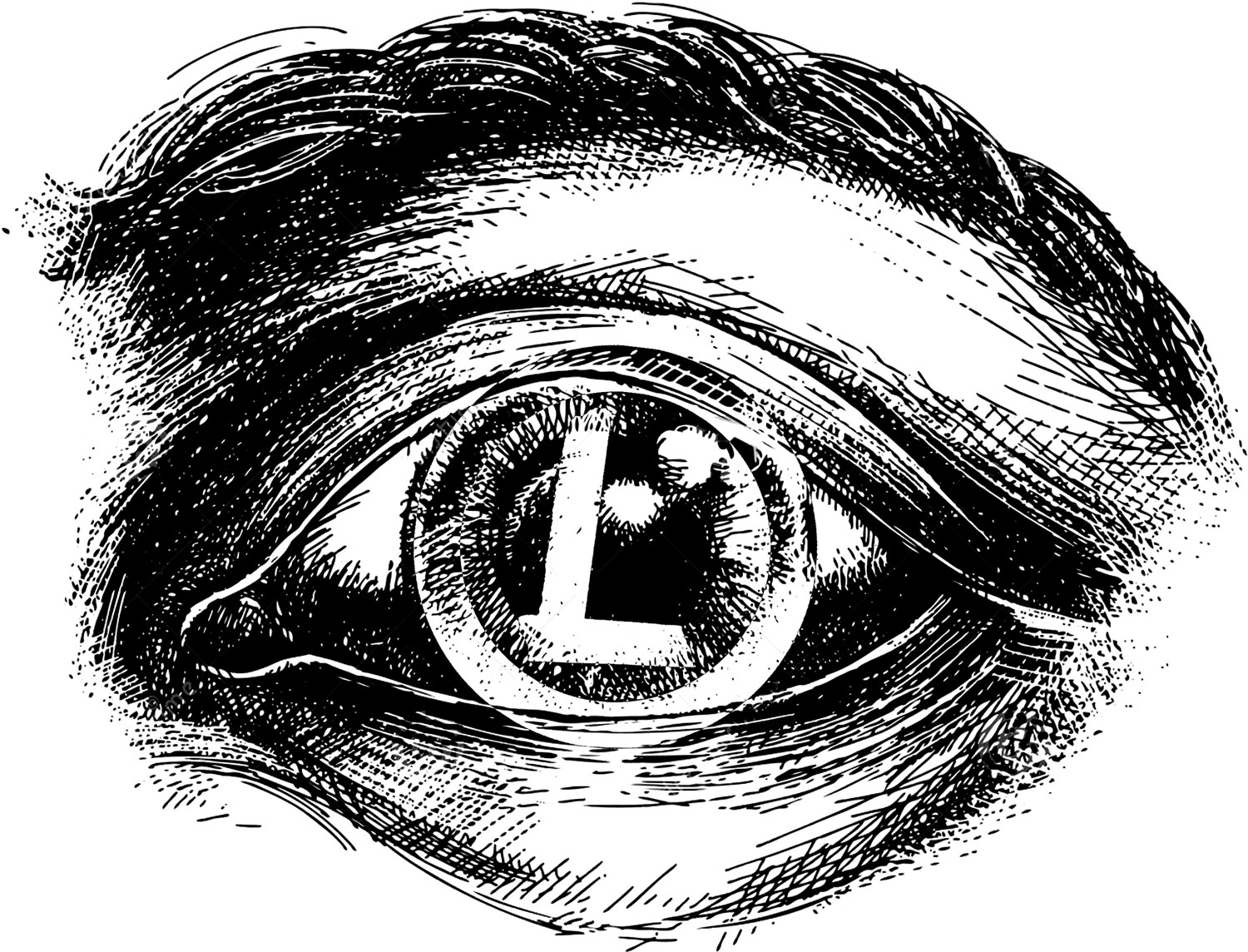At Lysergic we want to save planet Earth from ourselves. Screenprinting can be a toxic process, and unfortunately there is always going to be some waste. But here are some of the ways we seeks to create a sustainable, earth friendly and organic process. By the way, some more information about this can be found on our Organic and Fair Trade page. It’s important to note we are always looking at ways to improve, and suggestions are always welcome.
Water Based Ink
In order to create less waste, and to de-toxify the whole printing process in general, we only work with Water Based Inks. This is instead of Plastisol, which as the name suggests is a more extreme and aggressive chemically based color. Using water based inks takes a whole heap of chemicals out of the equation. We avoid using aerosols and resource instensive drying machines – our prints dry in the open air and are fixed by hand with a hot Iron!
Our waterbased colors are certified free from phthalate, formaldehyde, PVC and APEO. They qualify for independent certification standard ÖKO TEX 100.
Sustainable fabric and product supplies
This is extensively documented on our information page about Organic and Fair Trade products.
Waste Water
Our biggest goal is to invest in a water filter system for our workshop. We work in a shared space in East Berlin, and until now we don’t have the financial capacity to introduce a waste water filtration system there just yet. But it’s the biggest of our goals, so please keep pestering us until we do! In the meantime, we ensure all the chemicals we use are not marked with the dead fish symbol.
Green energy
Our workshop, my house, this website and online shop, even my transport (bicycle and trailer) are all powered by renewable energy. You should make the change too!
Reuse and recycle
It’s a way of life, and there is always room for improvement. But for now we recycle and re-use whatever we can. Even the plastic transparent folies for our prints get upcycled into buttons and other small products. Mis-prints become wrapping paper, and off-cuts are reused to create small book covers and in the unsavable cases, print rags.




